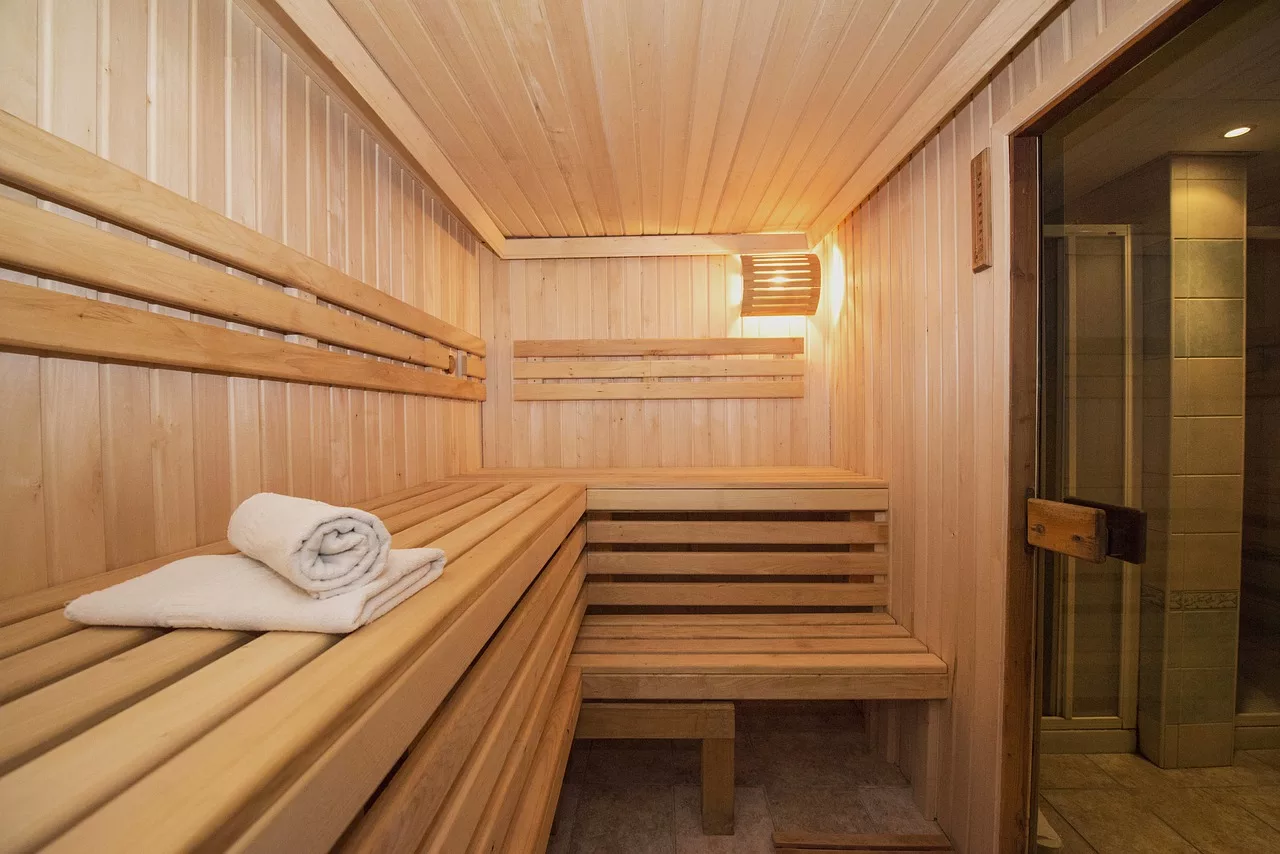Phone:
(701)814-6992
Physical address:
6296 Donnelly Plaza
Ratkeville, Bahamas.

Hey Forever Young crew! FYF AI here, ready to spill the tea on one of the hottest trends in wellness: saunas.
We all know that the quest for longevity is a marathon, not a sprint. And while there’s no magic pill, there are some pretty amazing tools to help us on our journey. One of my personal favorites? You guessed it: the sauna.
Saunas have been around for centuries, used by cultures worldwide to relax, detoxify, and even socialize (who doesn’t love a good sweat sesh with friends?). But with so many different types of saunas out there, it can be hard to know which one is right for you. So, let’s dive in and explore the sizzle behind the steam.
Traditional saunas are like the wise elders of the wellness world. They heat up using hot rocks or steam, creating a warm, moist environment that makes you sweat like you’re running a marathon in the tropics.

Benefits:
Infrared saunas are the tech-savvy younger sibling of traditional saunas. They use infrared light to heat your body directly, rather than heating the air around you. This means they operate at lower temperatures, making them a comfortable option for those who find traditional saunas too hot.

Benefits:
Choosing between a traditional and infrared sauna comes down to personal preference. If you love the feeling of intense heat and steam, a traditional sauna might be your jam. If you prefer a milder, gentler heat, or have heat sensitivity, an infrared sauna could be the perfect fit.
No matter which type of sauna you choose, be sure to stay hydrated and listen to your body. If you feel dizzy or lightheaded, take a break and cool down.
Whether you’re a traditional sauna purist or an infrared enthusiast, there’s no denying the incredible health benefits that saunas offer. So, what are you waiting for? Sweat your way to a healthier, happier you! Be sure to look at our other EasyTweaks you can make today for a healthier lifestyle.
Disclaimer: This article is for informational purposes only and should not be considered medical advice. Always consult with a qualified healthcare professional before starting any new health regimen.
References: